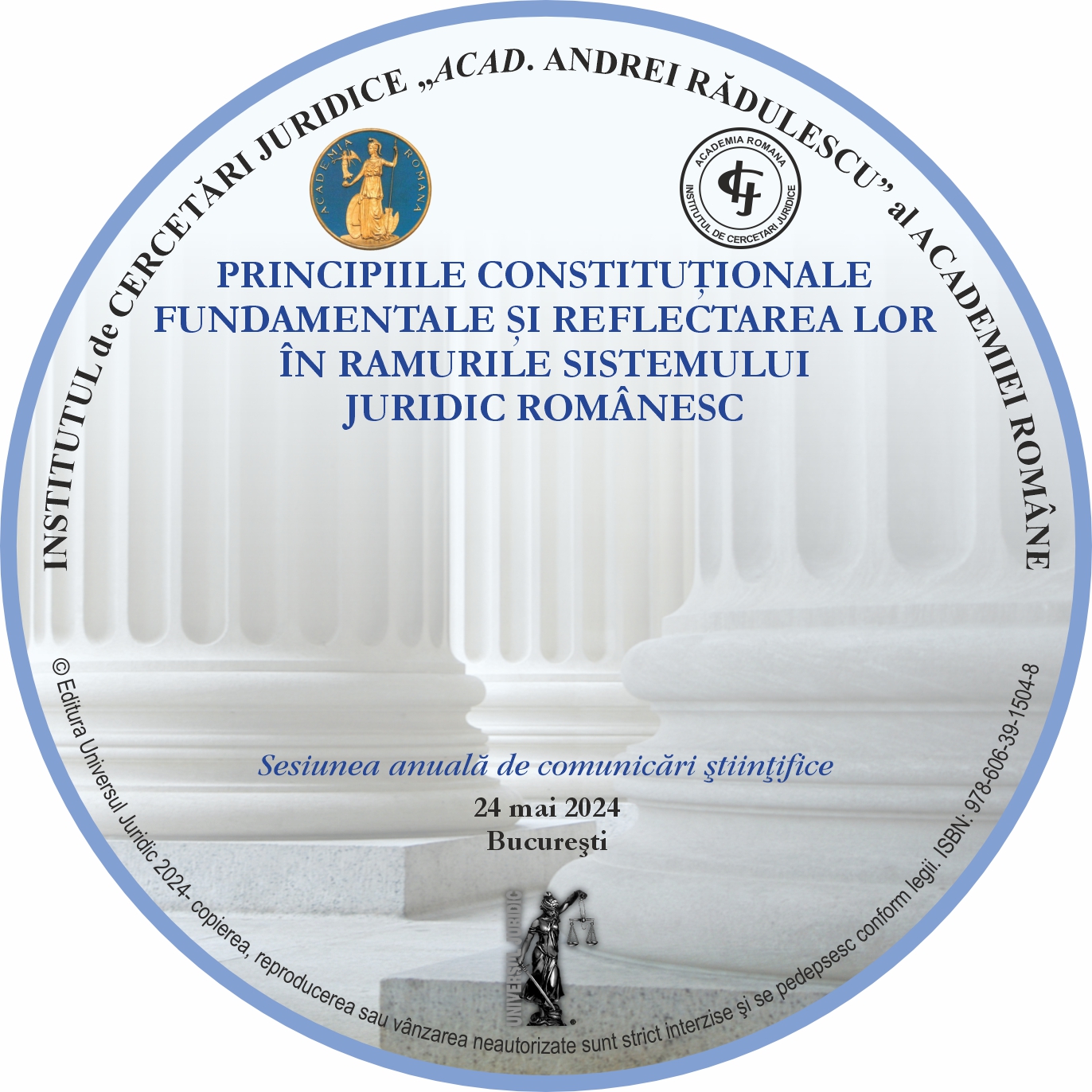Noul design al conceptelor de drept public în economia digitală: influența fiscalității asupra conceptelor fundamentale
The New Design of Public Law Concepts in The Digital Economy: Taxation Influence on Fundamental Concepts
Author(s): Mihaela Tofan
Subject(s): Administrative Law
Published by: Universul Juridic
Keywords: Digital Economy; Global Regulations; European Taxation;
Summary/Abstract: The paper addresses the challenges generated by the new configuration of the global economy, in general, and in the European Union, in particular. The recent pandemic, energy crises and military conflicts underline the influence of digitization on public law, from the design of the institutional mechanism to the new regulatory perspective of the tax treatment of income generated by individuals and legal entities. The particularities of the digital dimension of the global economy have justified the need to use similar/compatible regulations worldwide for almost all areas of public law. This tendency is even more present for the field of fiscal law, a distinctive field of public law and the main tool used by states to determine the size of public budgets. All governments are expected to seek to maximize their revenue, using the constitutional protection of the sovereign right to set taxes. The result is often inefficient, as states engage in close competition with each other for the largest share of taxable income. The short-term benefit of such conduct is unbalanced by the medium- and long-term distortion of economic activities, calling for innovative solutions. Recent developments in the negotiation of international organizations and the domestic perspective on the tax regime of digital income have led to changes in the design of public law concepts, favoring mutual tax agreements and undermining the role of national legislations in the matter. The assessment of these recent developments in local, European and international taxation shows important changes in the design of public law concepts in the digital economy: the imperative to draw up multilateral tax agreements and the challenges of constitutional law.
Book: Principiile constituționale fundamentale și reflectarea lor în ramurile sistemului juridic românesc
- Page Range: 230-239
- Page Count: 10
- Publication Year: 2024
- Language: Romanian
- Content File-PDF

